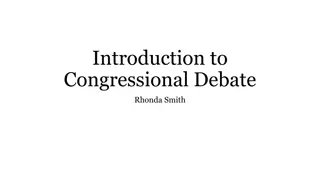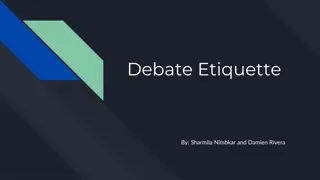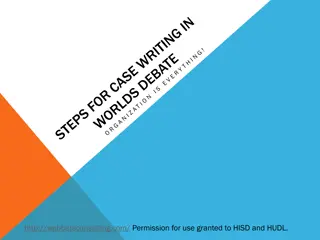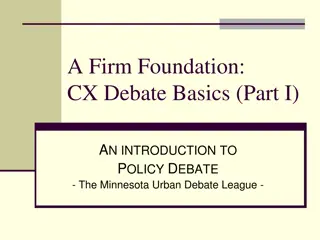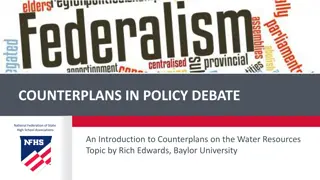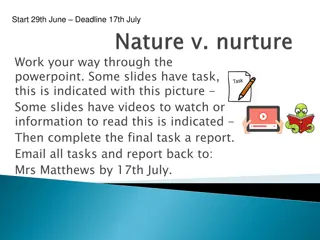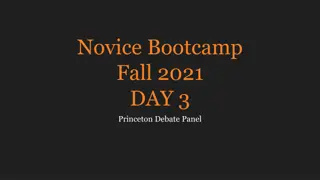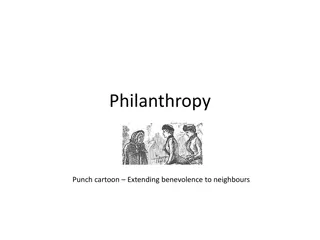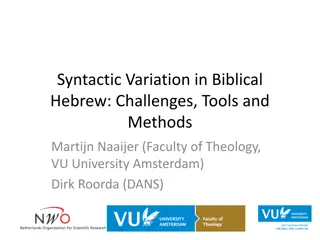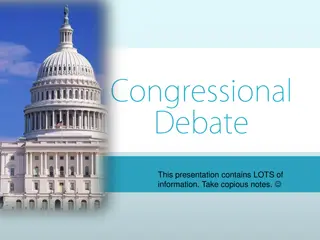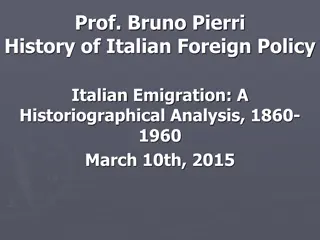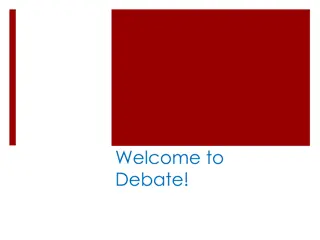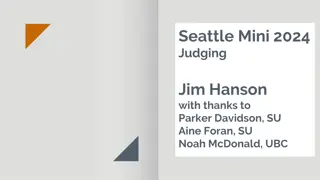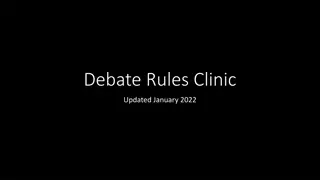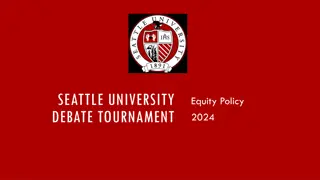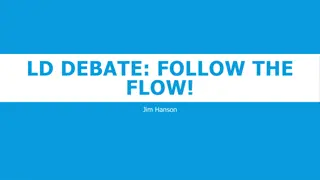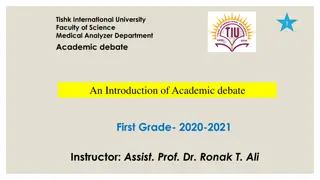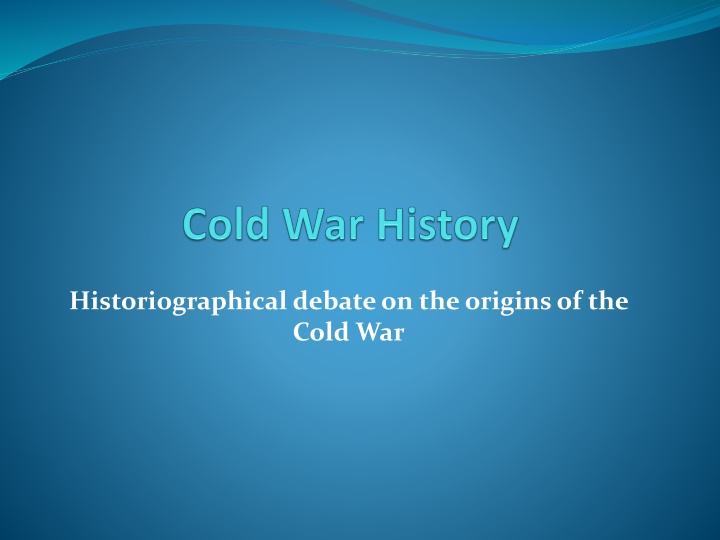
Cold War Historiographical Debate: Origins & Perspectives
Explore the historiographical debate on the origins of the Cold War, examining the perspectives of traditionalists, revisionists, and post-revisionists in defining responsibility, motivations, and actions of key players like the US and the Soviet Union. Scholars like McNeill, Kolko, Gaddis have contributed to this complex discourse, which has evolved over the years to include shifts in emphasis towards ideology and power dynamics.
Download Presentation

Please find below an Image/Link to download the presentation.
The content on the website is provided AS IS for your information and personal use only. It may not be sold, licensed, or shared on other websites without obtaining consent from the author. If you encounter any issues during the download, it is possible that the publisher has removed the file from their server.
You are allowed to download the files provided on this website for personal or commercial use, subject to the condition that they are used lawfully. All files are the property of their respective owners.
The content on the website is provided AS IS for your information and personal use only. It may not be sold, licensed, or shared on other websites without obtaining consent from the author.
E N D
Presentation Transcript
Origins of the Cold War The scholarly debate on the origins of the Cold War was long dominated by Americans Many factors distinguish the three schools Three questions are particularly pertinent in defining them: 1)Who was responsible for the Cold War? 2) Who was most active in the years immediately following the Second World War? 3) What are the primary motivating forces, particularly for US foreign policy?
The traditionalists US policy was characterized by passivity Rootsof the Cold Warare to be found in Marxism- Leninism Policies of the Soviet Government towardscapitalists statesare fundementally hostile Sovietexpansionism Truman misjudged expansionist natureof Soviet foreign policy William H. McNeill, Herbert Feis, Arthur Schlesinger
The revisionists United States had tried to limit the influence of the Soviet Union The United States had such wide-ranging goals In order to attain their goals, the Americans employed a number of different instruments, from atomic bombs to loans and other forms of economic support The Soviet Union is considered defensive in orientation Soviet policies in Eastern Europe were to a great extent a response to American ambitions in the area William A. Williams, Gabriel Kolko, Gar Alperowitz, Lloyd C. Gardner
The post-revisionists agree with the revisionists that important element in US policy had fallen into place before the Truman Doctrine and the Marshall Plan United States implemented a number of different measures to promote its interests hey maintain that the revisionists are too eager to perceive the use of these measures as motivated only by anti-Soviet considerations reject the idea that Soviet policy in Eastern Europe can be considered a result of US ambitions John L. Gaddis, Melvyn P. Leffler, Vojtech Mastny
In recent years the debate on the origins of the Cold War has become increasingly complex the emphasis has shifted from a post-revisionist towards a more traditionalist direction again renewed emphasis on ideology, and particularly on a Soviet revolutionary- imperial paradigm


